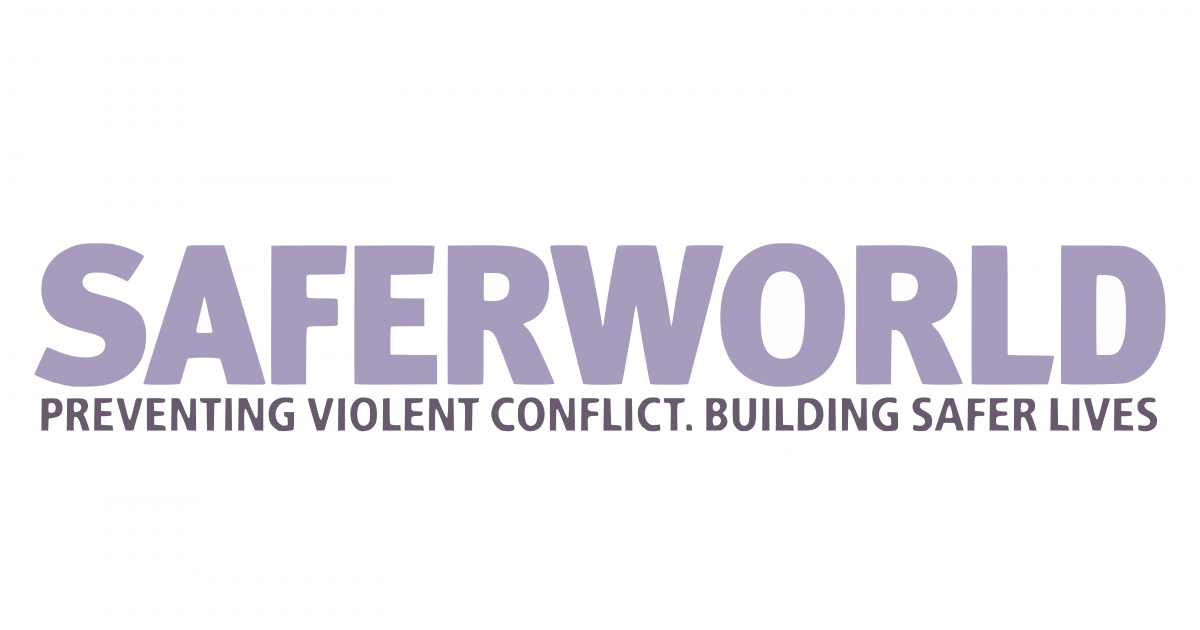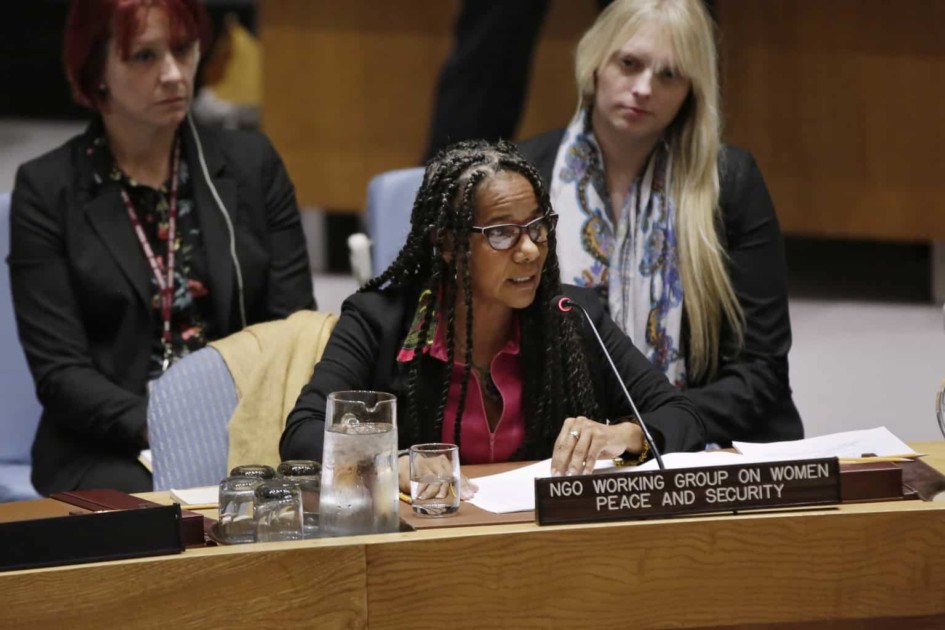Small Arms & Light Weapons
Most present-day conflicts are fought mainly with small arms and light weapons (SALW). Armed non-state actors, including insurgents, pirates, and terrorists, can increase their force and destabilize communities through the acquisition of unlawful firepower. Small arms are relatively cheap, light in weight, and easy to use, transport and conceal. The build up of small arms does not alone create the conflicts in which they are used; however, their excessive accumulation can escalate conflict by increasing the means of violence. Violence becomes more lethal and lasts longer, creating a greater sense of insecurity, which in turn leads to a greater demand for weapons. In 2013, the Security Council adopted resolution 2117, its first ever text dedicated exclusively to SALW, reminding states to take measures to prevent the sale, transfer, and export of SALW as well as to avoid violating existing arms embargos.
Given the impacts of the flow of arms on heightening levels of violence in conflict, the NGOWG WPS encourages the Security Council to acknowledge the impact of SALW on women and calls for reporting on gender-specific service provision, including for survivors of sexual and gender based violence committed with SALW. Women also participate in the trafficking of SALW and the gendered dimensions of the SALW also needs to be recognized in all conflicts to ensure the deterrence of the sale and transport of SALW between countries and regions.
Small Arms & Light Weapons
Most present-day conflicts are fought mainly with small arms and light weapons (SALW). Armed non-state actors, including insurgents, pirates, and terrorists, can increase their force and destabilize communities through the acquisition of unlawful firepower. Small arms are relatively cheap, light in weight, and easy to use, transport and conceal. The build up of small arms does not alone create the conflicts in which they are used; however, their excessive accumulation can escalate conflict by increasing the means of violence. Violence becomes more lethal and lasts longer, creating a greater sense of insecurity, which in turn leads to a greater demand for weapons. In 2013, the Security Council adopted resolution 2117, its first ever text dedicated exclusively to SALW, reminding states to take measures to prevent the sale, transfer, and export of SALW as well as to avoid violating existing arms embargos.
Given the impacts of the flow of arms on heightening levels of violence in conflict, the NGOWG WPS encourages the Security Council to acknowledge the impact of SALW on women and calls for reporting on gender-specific service provision, including for survivors of sexual and gender based violence committed with SALW. Women also participate in the trafficking of SALW and the gendered dimensions of the SALW also needs to be recognized in all conflicts to ensure the deterrence of the sale and transport of SALW between countries and regions.
Current and Past Recommendations to the UN Security Council (Monthly Action Points)
The Council should link effective policies and programs that prevent and respond to the illicit trafficking in small arms as an essential component of maintaining and promoting peace and security. This should include supporting the prevention of international arms transfers that have a substantial risk of fueling patterns of gender-based violence. The Council should also ensure support to local women’s small arms control initiatives through increased capacity-building, provision of resources and funding.
Relevant Resources









